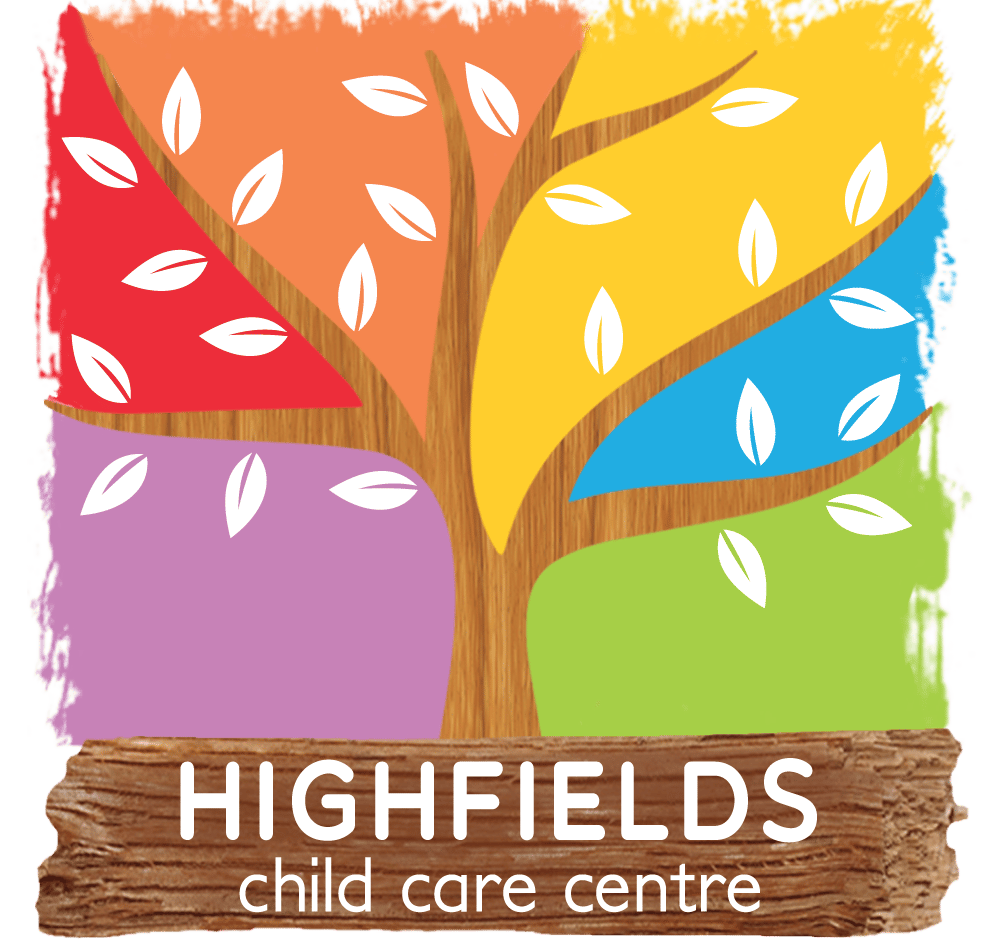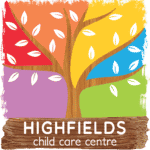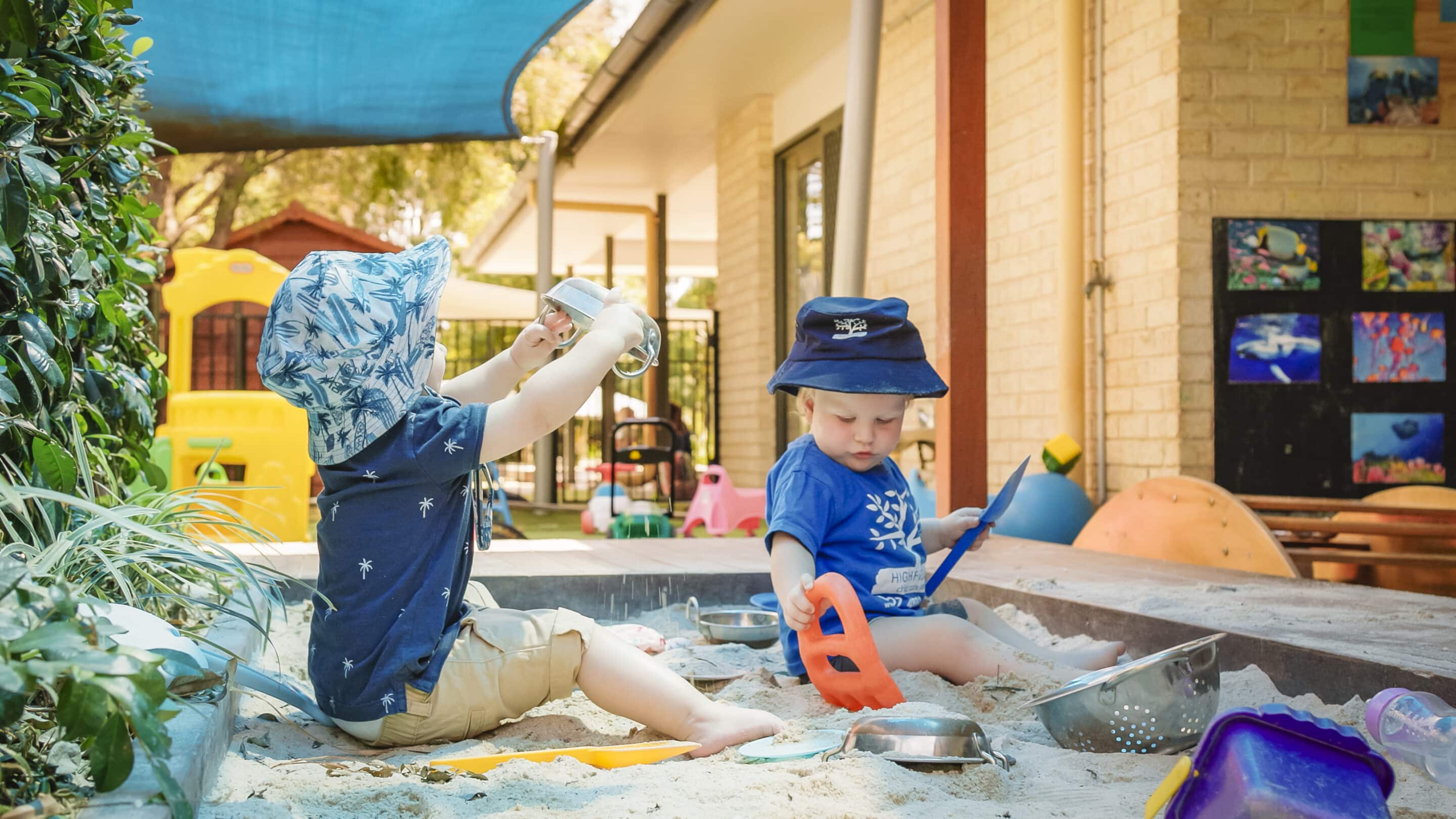Children are influenced by everything around them – their surroundings, their experiences, and the people they interact with. Did you know that the first five years of a child’s life are the most important for ensuring positive and healthy development? During this time, while physical development is occurring, so too is social and emotional growth. Your child will be building connections beyond their family unit.
Development is aided by a child forming secure connections within stimulating and nurturing environments that allow them to explore and understand their world. Any time a child spends playing, talking, singing, listening, and connecting with adults is crucial for healthy development.
Values
Explaining values and their importance will help a child understand right from wrong and consequences. The greatest way to encourage values such as respect, honesty, determination, and love is to demonstrate them yourself.
By prioritising family time, putting away devices and coming together as a family for dinner or play time, you are demonstrating to your child that respect, love and connection are important. These values are embedded by showing how important family time is. Nurturing values will aid children in growing up to be responsible and caring adults.
Health
Good health will play a huge role in determining a child’s quality of life and influencing their mind, body, and soul. Promoting sport, outdoor play, and exercising as a family reinforces family bonds while teaching children how to live an active and healthy life.
Another significant contributing factor to a child’s life is healthy eating habits. It is important as an adult to model healthy food choices and practices. You can be done by involving children in fun and interactive cooking and gardening experiences. It is valuable also to discuss where food comes from, and being involved in the cooking process promotes positive attitudes towards nutrition and food.
Social Skills
Children learn their social skills through interactions with others and how those around them treat them. Through socialisation with family, a child will learn to trust, create friendships with others, and find comfort.
Demonstrating and teaching good manners and conversation skills to children can be supported by clear instructions. This can be assisted by providing constructive feedback through one-on-one conversations.
Creating an environment that nurtures a child’s social development allows them to master skills through repetition, practice and feedback.
Language Skills
Language development begins when a child is born. While verbal, non-verbal and written communication skills are all taught in an early childhood setting, the way parents and those around them communicate will significantly impact building competent and effective communication.
While children grow and develop, their language will expand to repeating words or phrases that the people around them say. Adults should always keep in mind using negative language around children, as offensive or negative words can easily be repeated.
In short, children develop socially and psychologically through learning within and from their family and parents (Vaz & Relvas, 2007). Remember that family is one of the most influential impacts on a child’s life.











